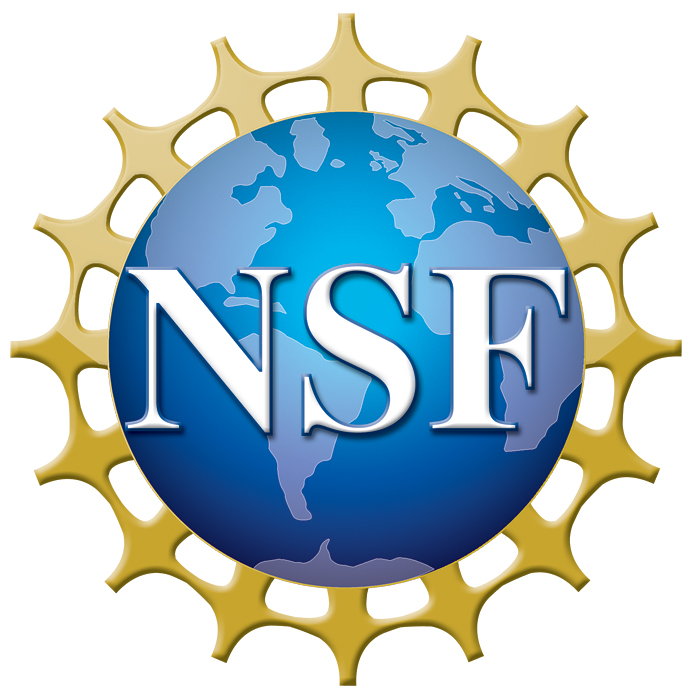School of Electrical and Computer Engineering School of Mechanical Engineering School of Biology
This material is based upon work supported by the National Science Foundation under Grant No. 1110947.

Disclaimer: Any opinions, findings, and conclusions or recommendations expressed in this material are those of the author(s) and do not necessarily reflect the views of the National Science Foundation.
MoNaCo: Molecular
Nano-Communication Networks
Undergraduate iGEM Team 2012
To broaden both the scientific and educational scope of the project, Dr. Brian Hammer, Dr. J. Patrick Bardill and Youssef Chahibi mentored a team of five undergraduates who participated in the 2012 International Genetically Engineered Machines (iGEM) competition. This synthetic biology competition challenges undergraduate students to design and build biobricks, plasmids that perform useful functions in a standardized manner. The team attempted to develop a new type of bacterial receiver system in keeping with the investigation of nano-molecular research ( Georgia Tech iGEM team 2012). Briefly, this novel approach involved engineering a strain of bacteria that takes advantage of a property of the Agrobacterium tumefaciens QS system and its HSL receptor, TraR. TraR is analogous to LuxR and functions as a dimer in cells. However, in the absence of its HSL signal, TraR is an unstable monomer. Binding the HSL causes the TraR monomers to dimerize and then drive gene expression. The iGEM team generated two-hybrid fusions of TraR to fragments of GFP. On their own, neither fragment of GFP is able to fluoresce. When brought together by the protein-protein interaction of TraR and its HSL, however, the GFP fragments were predicted to create a functional GFP molecule. This system showed limited usability due to an inherent instability of the TraR pro- tein. Efforts are underway to create a more stable version of TraR that would restore fluorescence in response to HSL signal.
Additionally, the undergraduates assisted in the establishment of a new iGEM team at a local high school. The undergraduates presented lectures and performed experiments with the high school students to encourage participation in iGEM and an interest in synthetic biology (Engineering Their Future). Finally, the Georgia Tech iGEM team presented their work at the Americas East iGEM Jamboree at Duquesne University in Pittsburg Pennsylvania. For creating and documenting new biobrick parts, assisting in the development of the high school iGEM team, and presenting their work at the regional Jamboree, the team was awarded a silver medal.
Outcomes